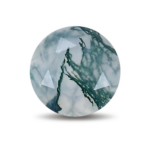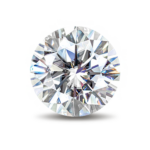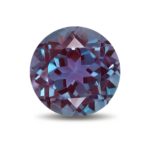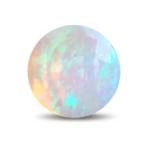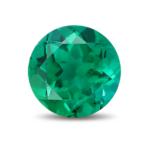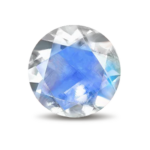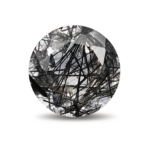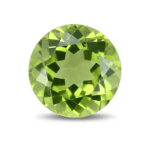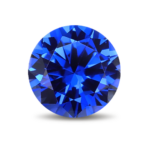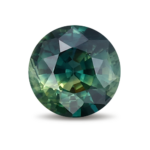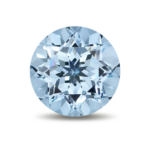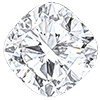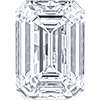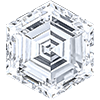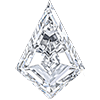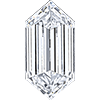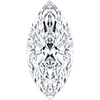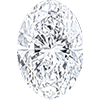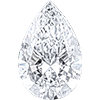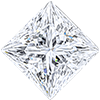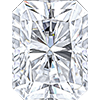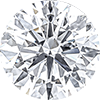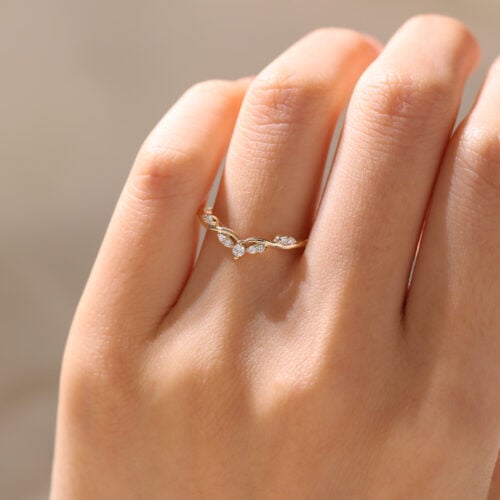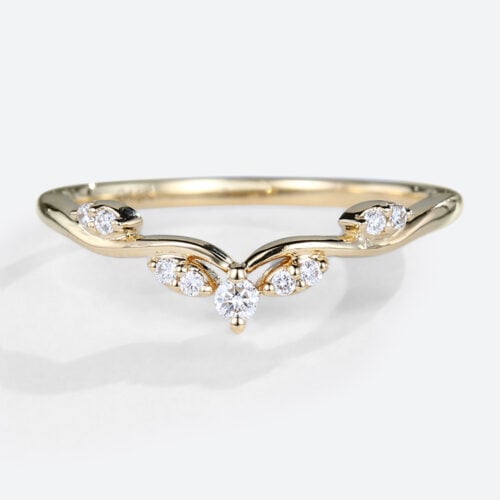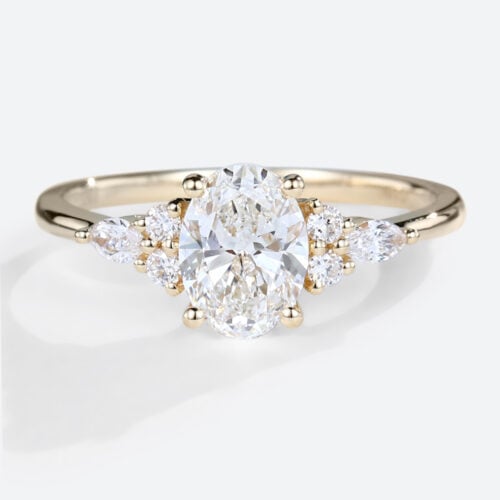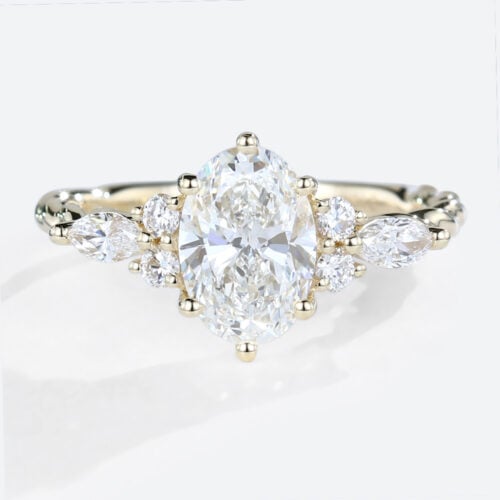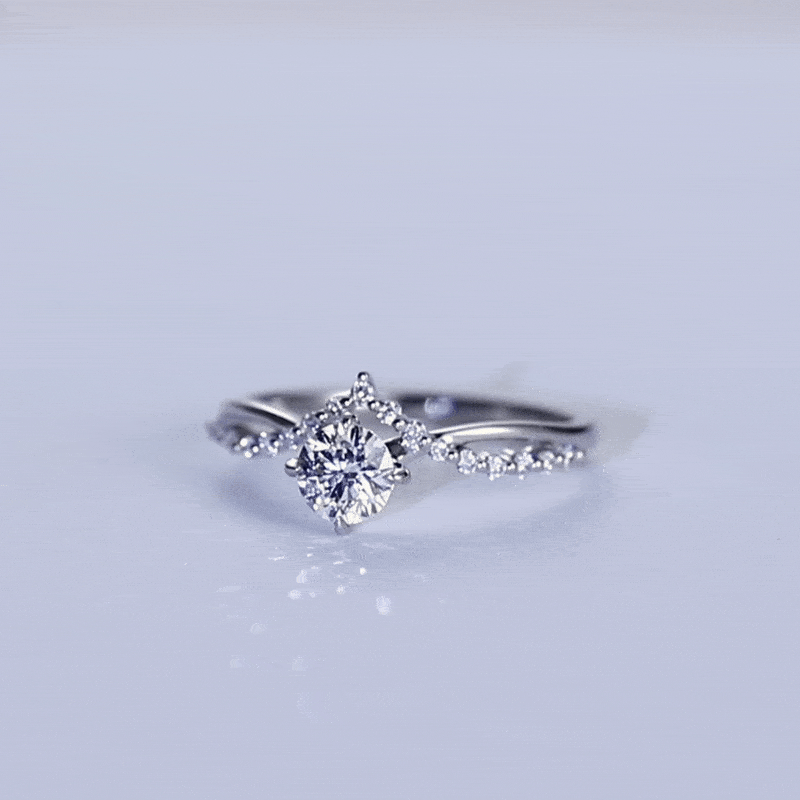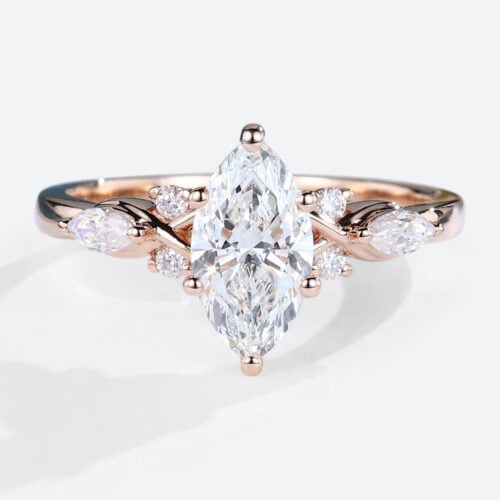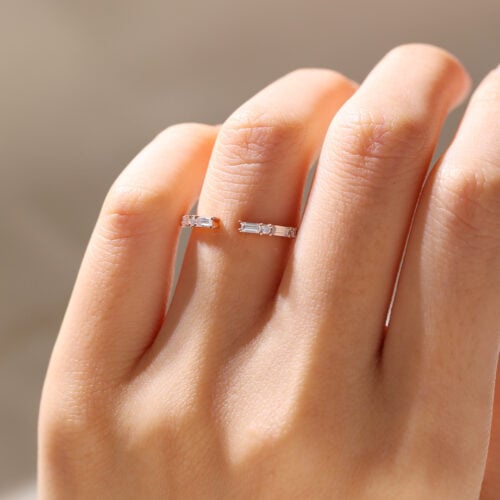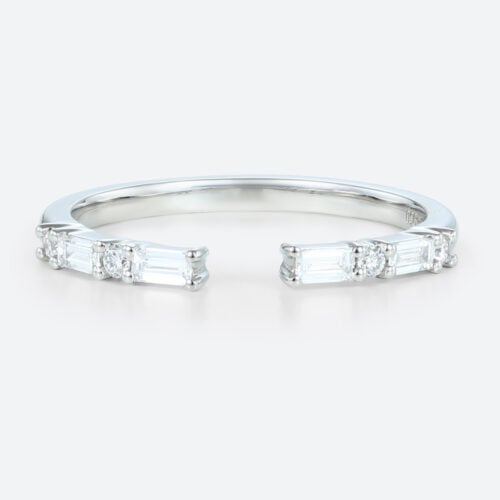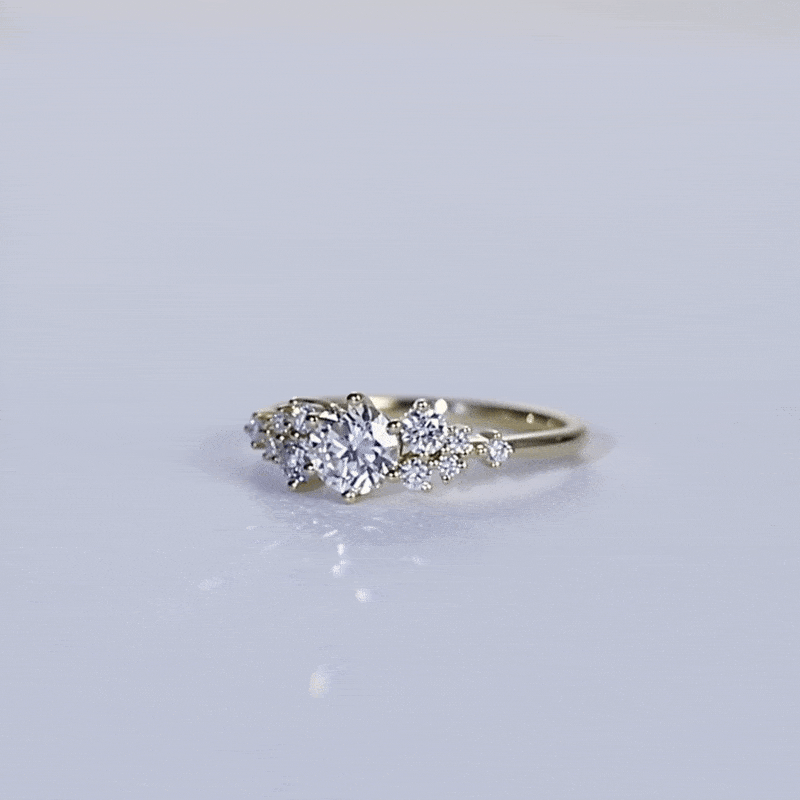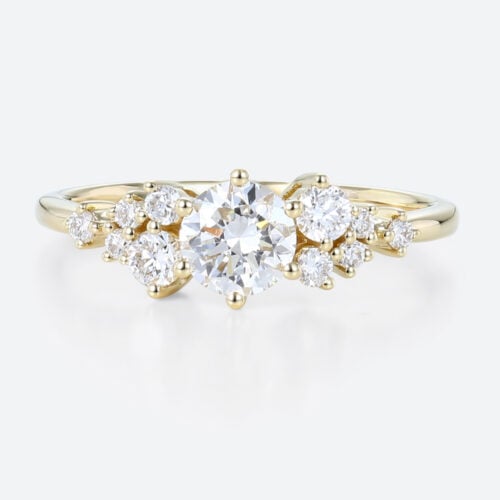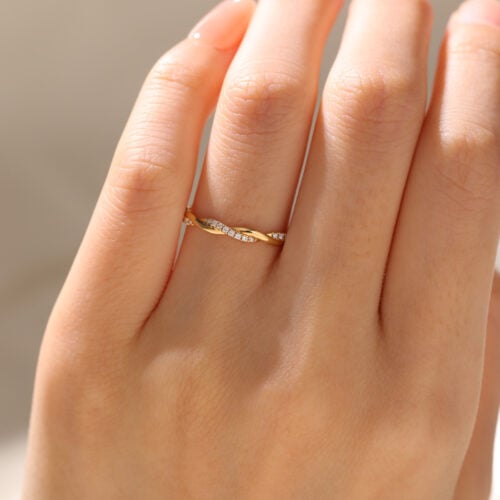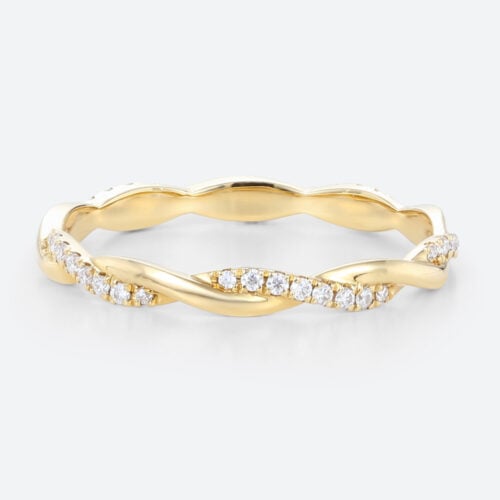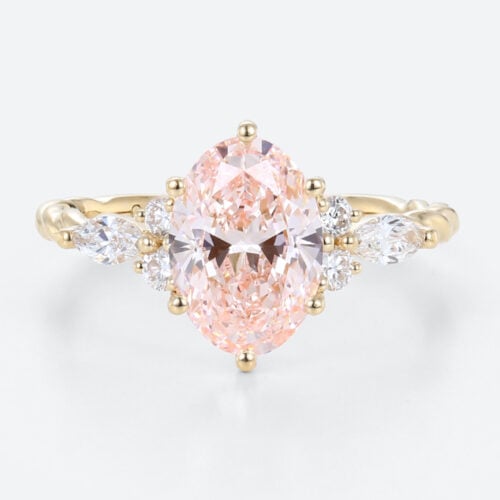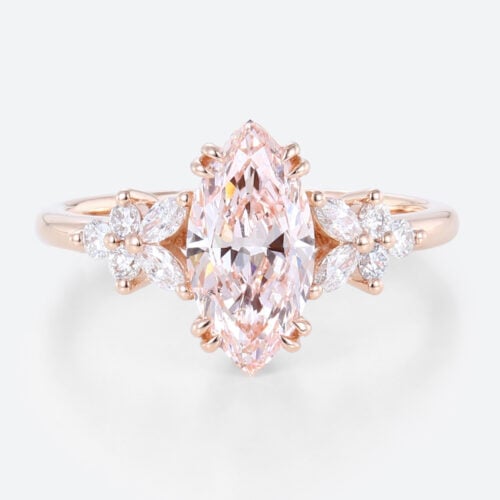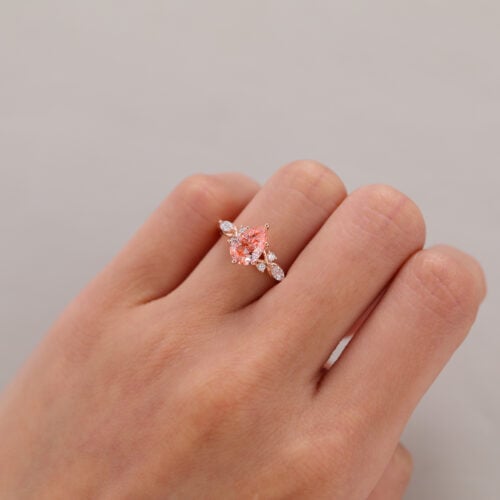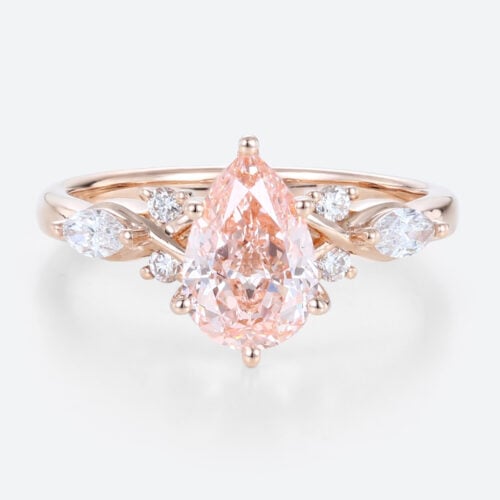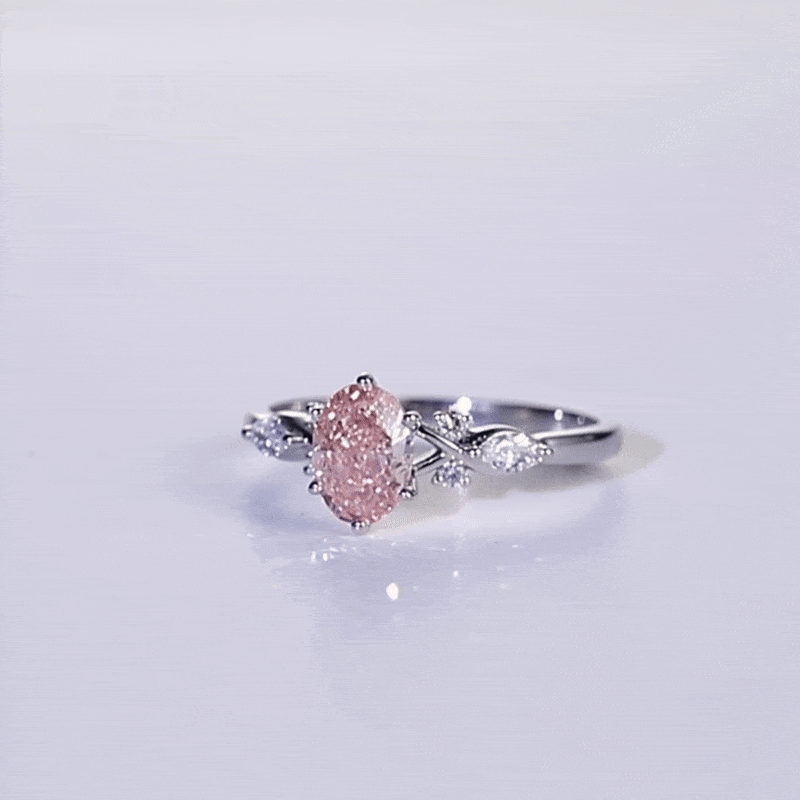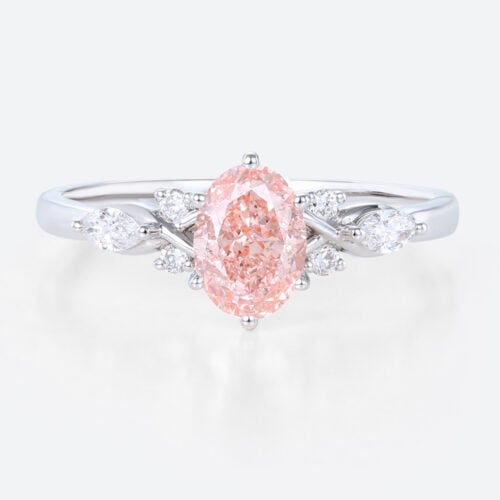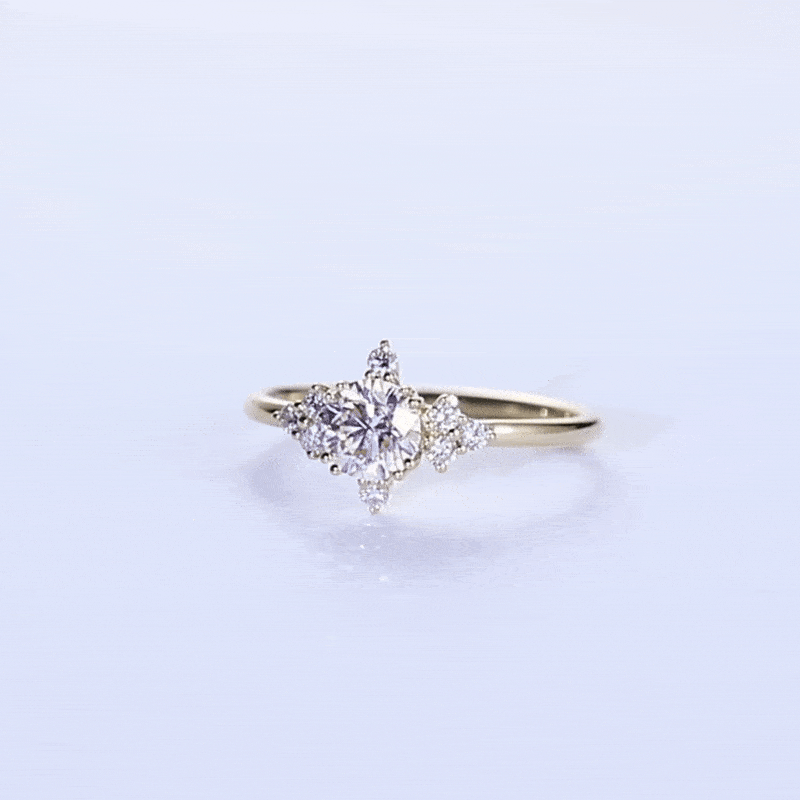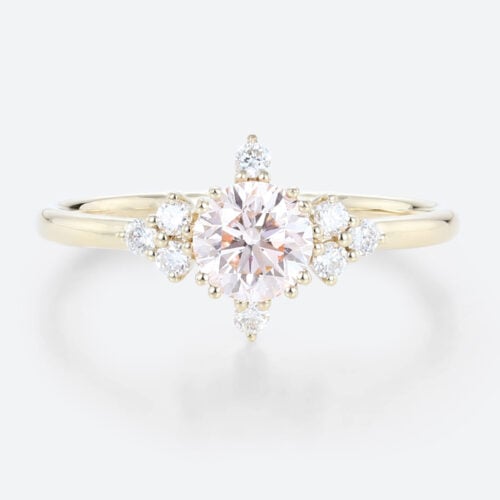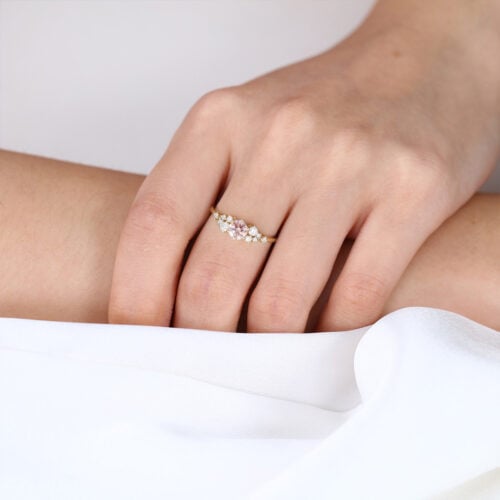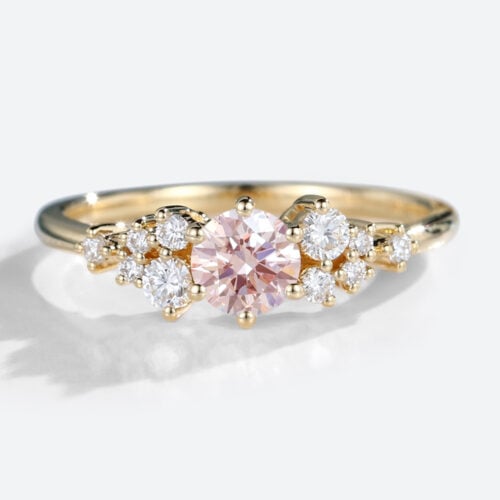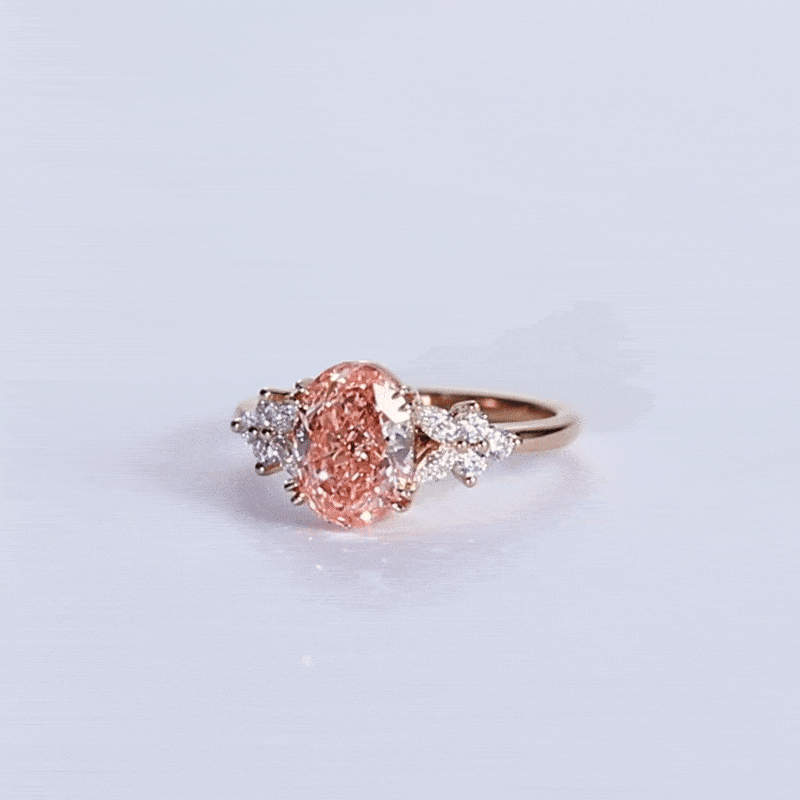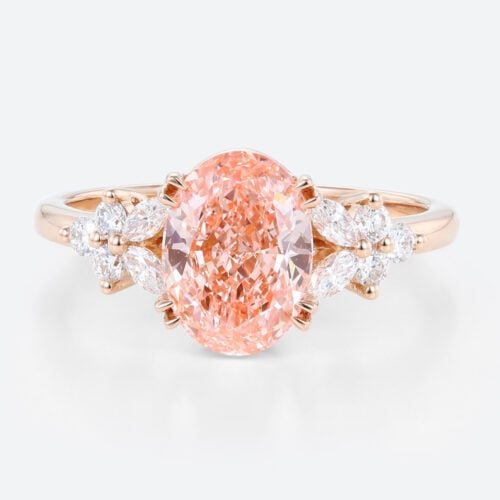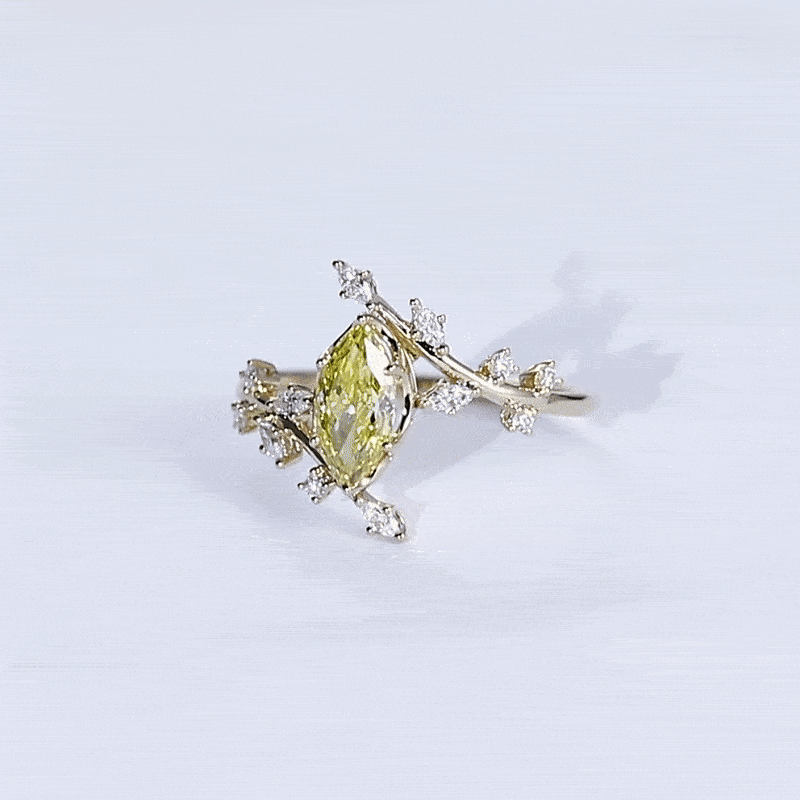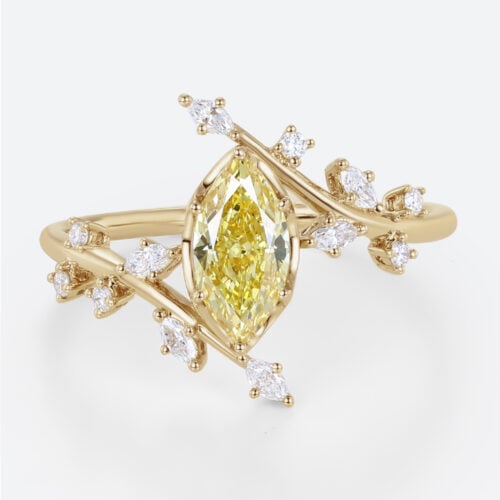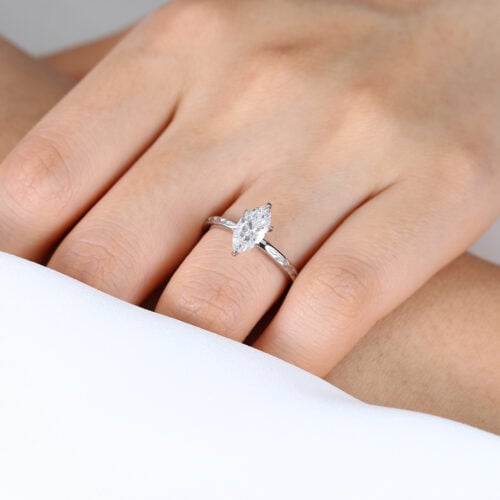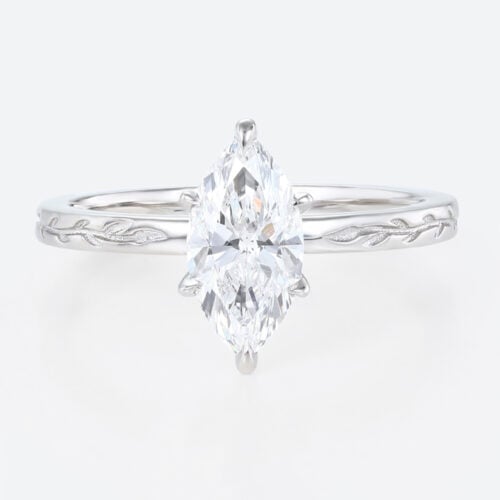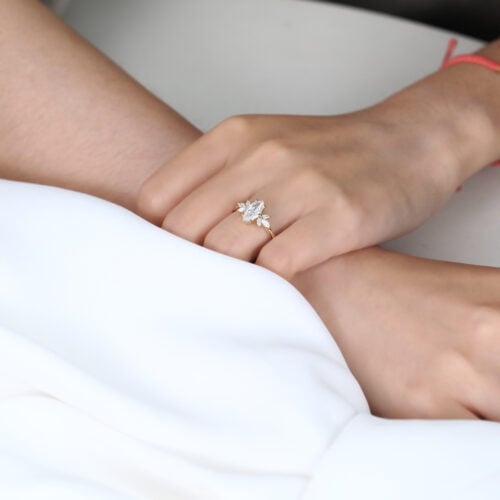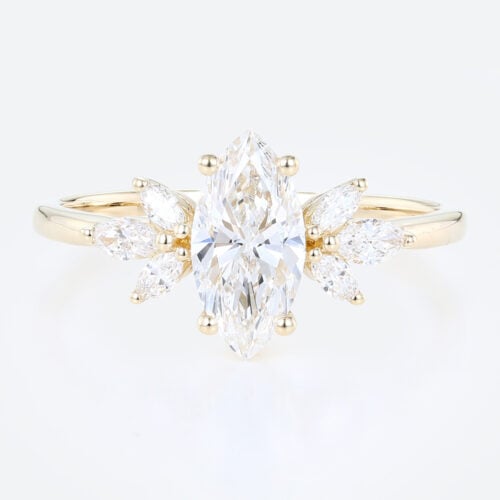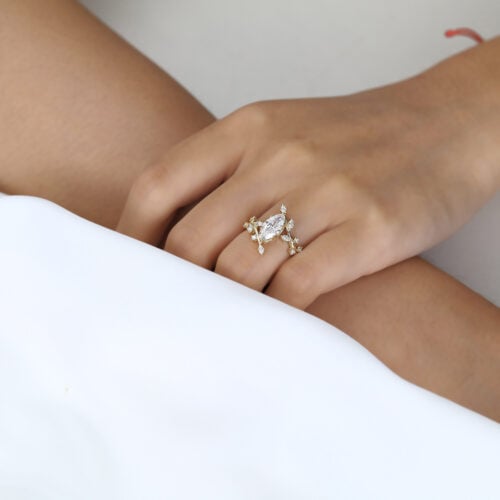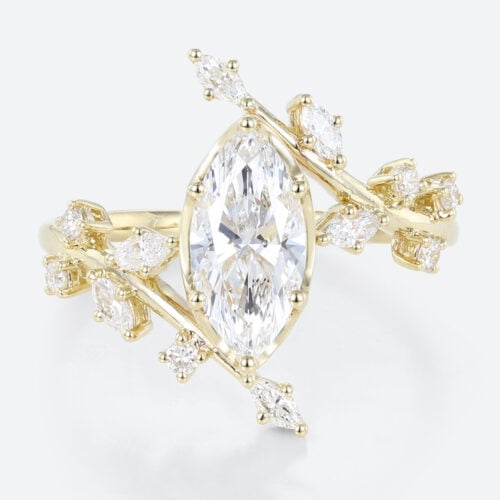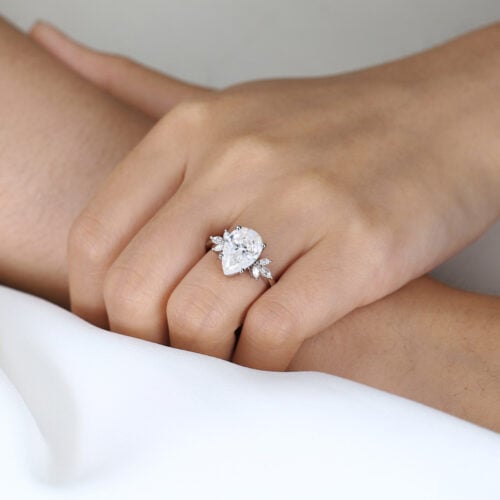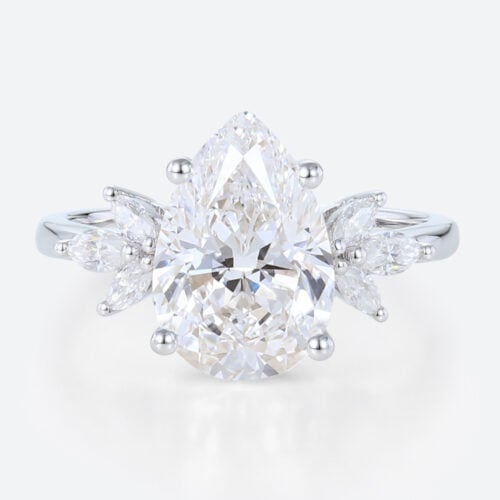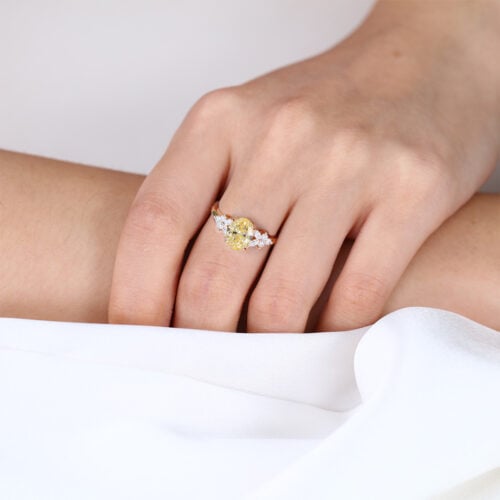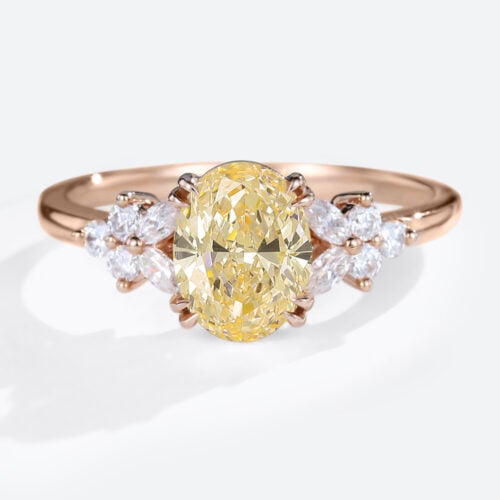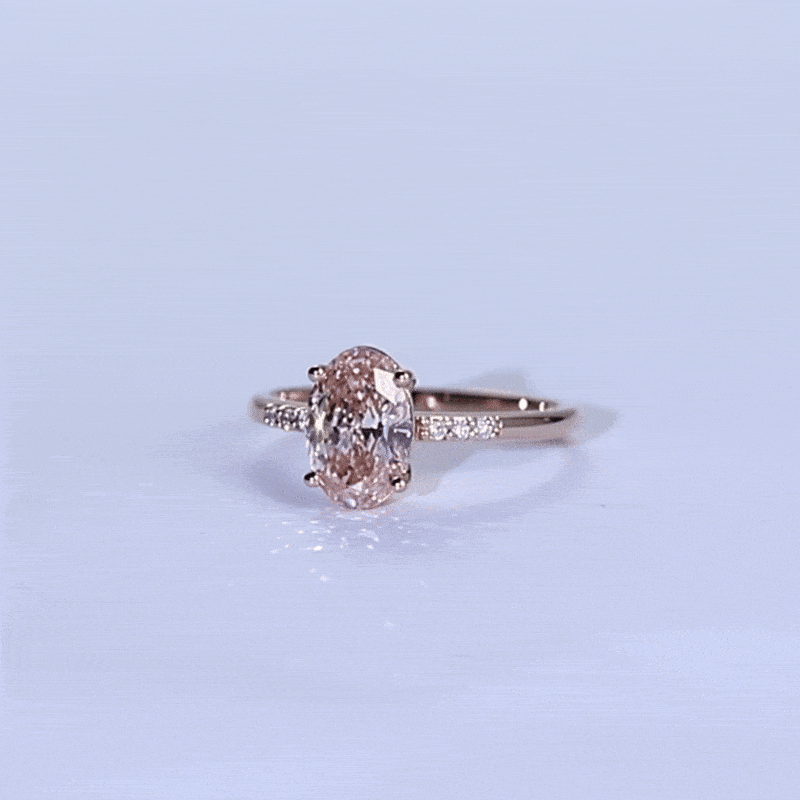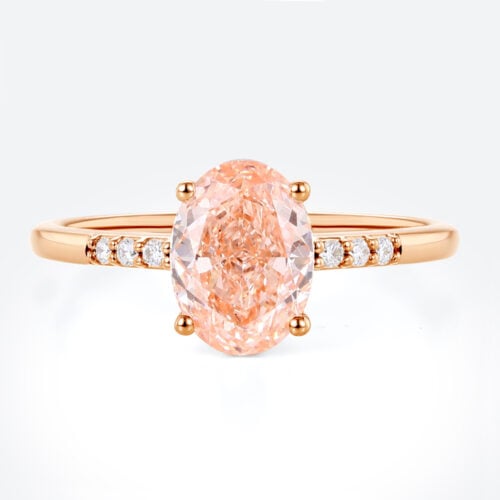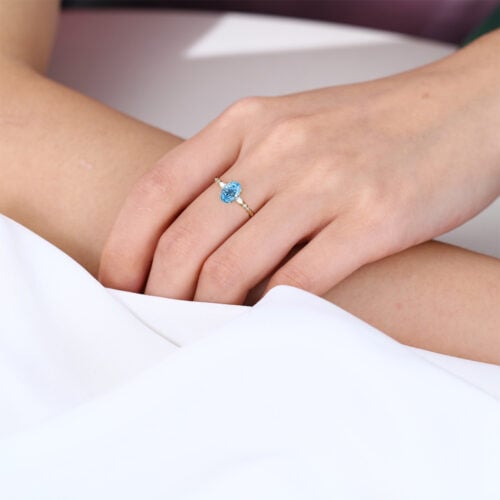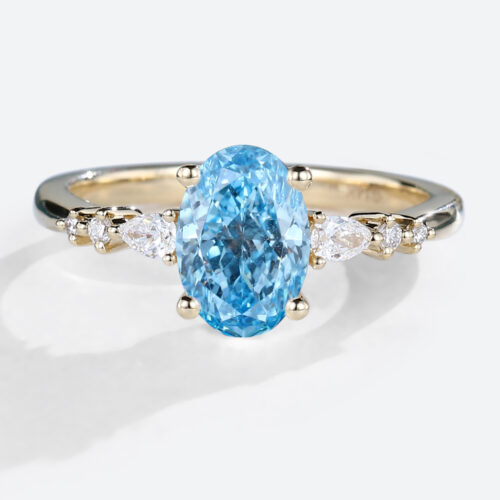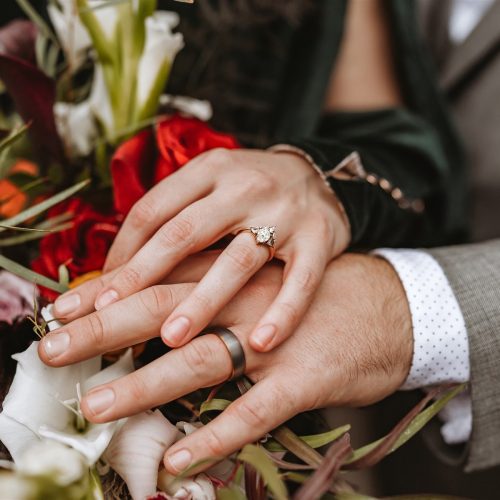Lab Grown Diamond
Handcrafted & ethically sourced
Let your love shine with our brilliant Lab Diamond Rings
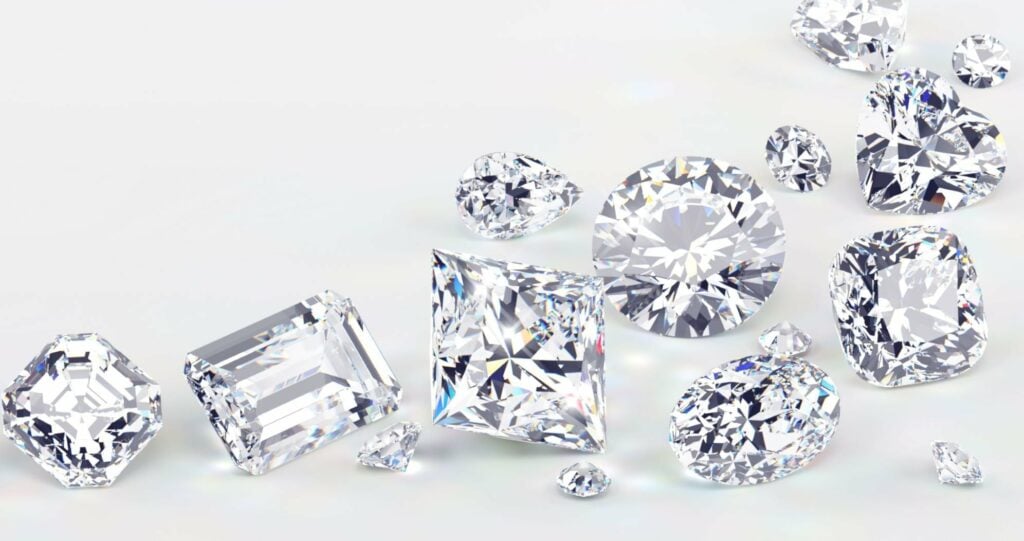
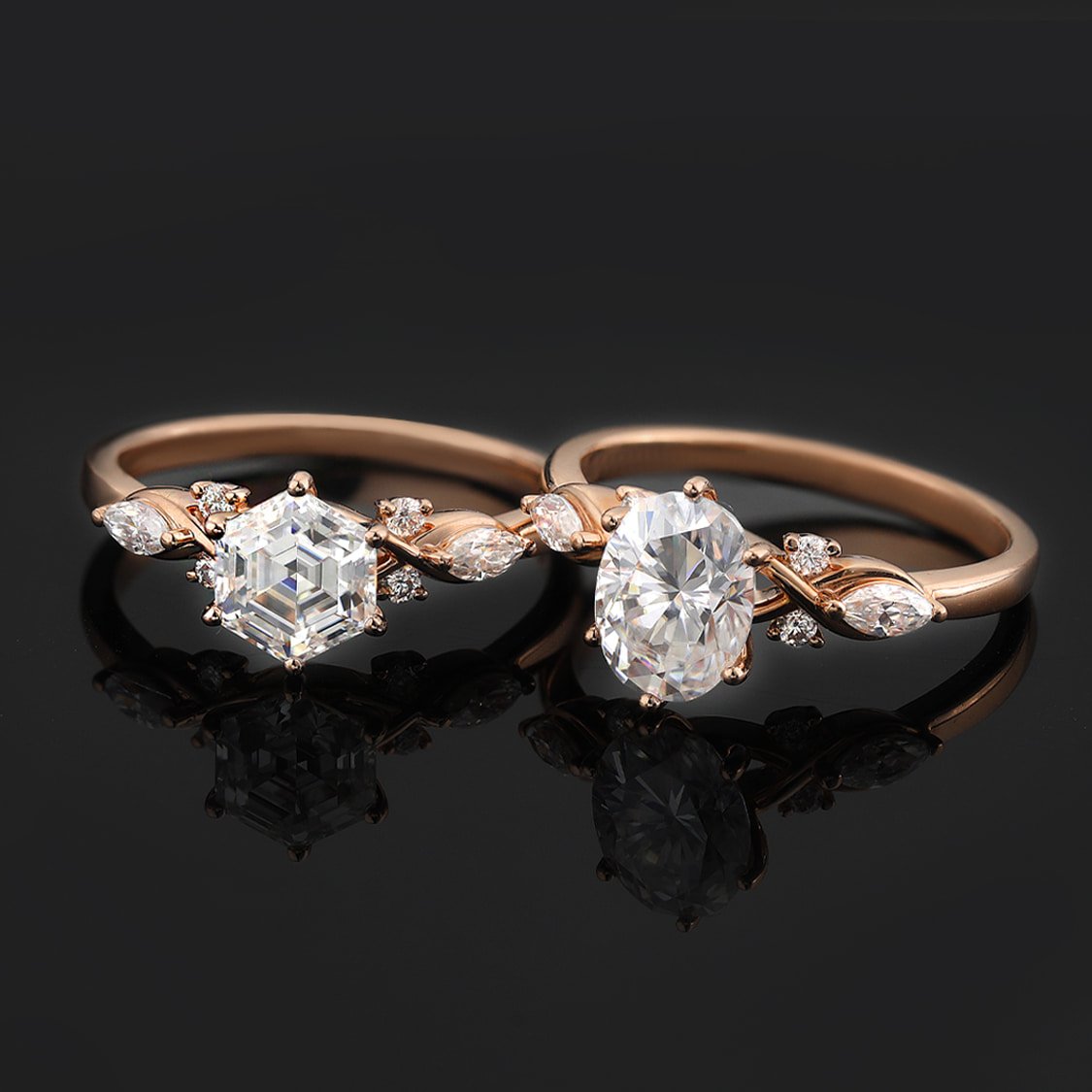
What's Lab Grown Diamond?
Lab-grown diamonds (also known as lab-created diamonds, man-made diamonds, engineered diamonds, and cultured diamonds) are grown in highly controlled laboratory environments using advanced technological processes that duplicate the conditions under which diamonds naturally develop when they form in the mantle, beneath the Earth’s crust. These lab-created diamonds are carbon atoms arranged in the characteristic diamond crystal structure. Since they are made of the same material as natural diamonds, they exhibit the same optical and chemical properties.
Our lab-grown diamonds are readily available in a variety of colorless ranges, as well as in fancy colors that are considered very rare in nature, including the popular vivid yellow. Fancy colored lab created diamonds sell at comparatively reasonable prices compared to their natural-colored diamond counterparts.
What’s Lab Colored Grown Diamond?
A Lab Colored Grown Diamond (also known as a fancy colored lab-created diamond) is a diamond that’s grown in a laboratory just like a regular lab-grown diamond, but with controlled conditions that produce beautiful, vibrant colors — such as yellow, pink, blue, or green.
These colors are achieved by adding specific trace elements or adjusting the growth environment during the diamond’s formation. For example, nitrogen can create yellow tones, while boron can give a blue hue.
Lab colored diamonds have the same physical, chemical, and optical properties as natural fancy colored diamonds — they sparkle and shine in the same way — but are much more affordable and ethically sourced, making them a popular choice for those who want something unique and colorful without the premium price tag.
EXPLORE MORE COLORS TO FIND YOUR PERFECT HUE!🡭
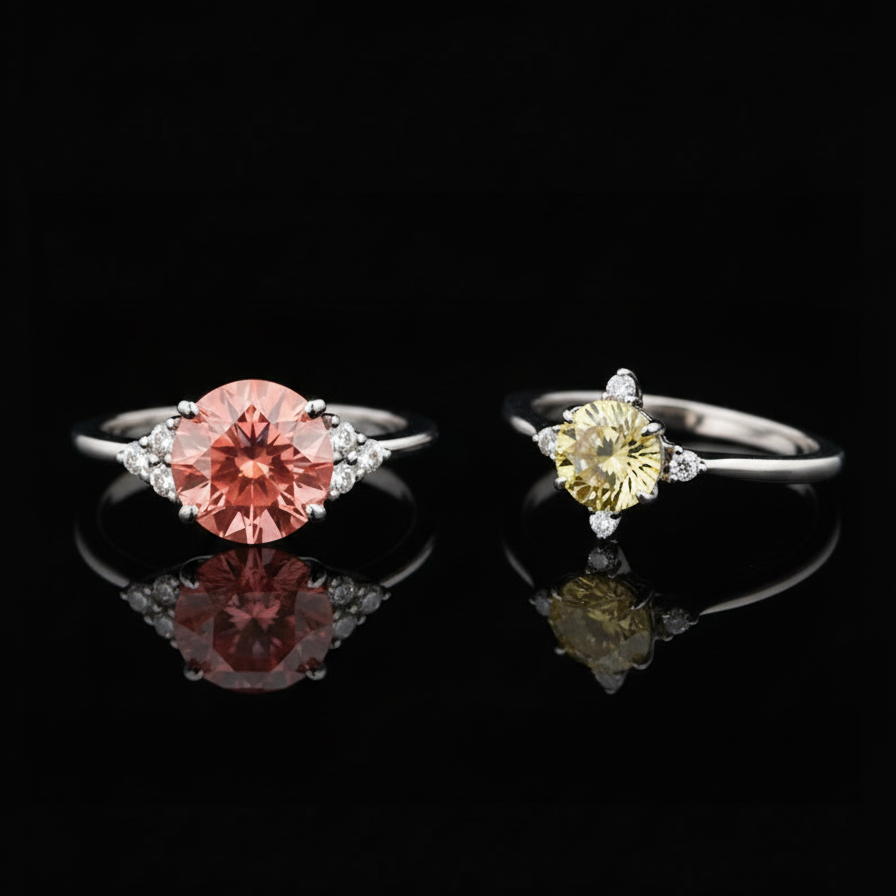
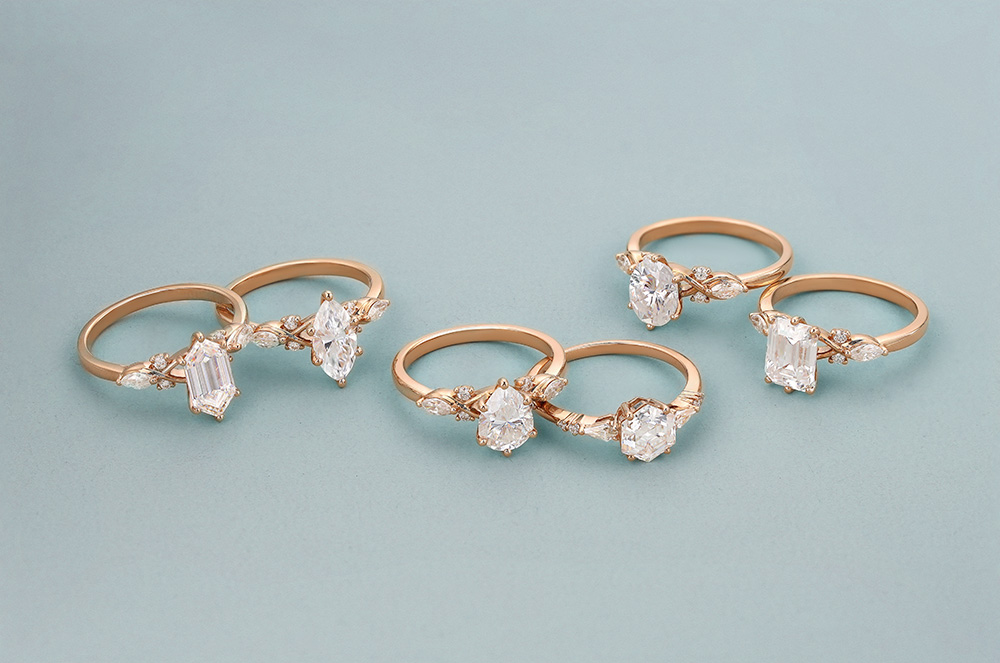
What's Lab Grown Diamond?
Lab grown diamonds (also known as lab created diamonds, man made diamonds, engineered diamonds, and cultured diamonds) are grown in highly controlled laboratory environments using advanced technological processes that duplicate the conditions under which diamonds naturally develop when they form in the mantle, beneath the Earth’s crust. These lab created diamonds consist of actual carbon atoms arranged in the characteristic diamond crystal structure. Since they are made of the same material as natural diamonds, they exhibit the same optical and chemical properties.
Our lab grown diamonds are readily available in a variety of colorless ranges. Our lab grown diamonds are also available in fancy colors that are considered very rare in nature, including popular hues of vivid yellow. Fancy colored lab created diamonds sell at comparatively reasonable prices compared to their natural colored diamond counterparts.
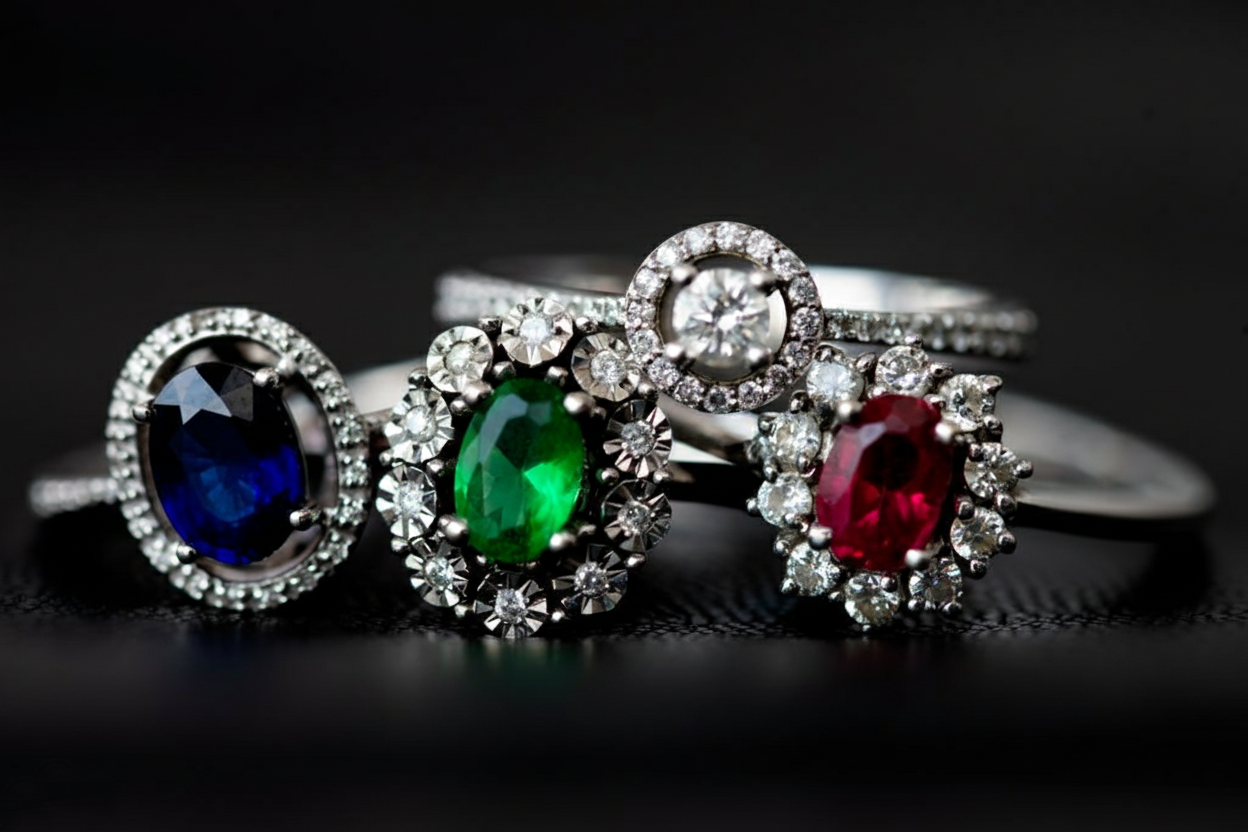
What’s a Lab Colored Grown Diamond?
A Lab Colored Grown Diamond (also known as a fancy colored lab-created diamond) is a diamond that’s grown in a laboratory just like a regular lab-grown diamond, but with controlled conditions that produce beautiful, vibrant colors — such as yellow, pink, blue, or green.
These colors are achieved by adding specific trace elements or adjusting the growth environment during the diamond’s formation. For example, nitrogen can create yellow tones, while boron can give a blue hue.
Lab colored diamonds have the same physical, chemical, and optical properties as natural fancy colored diamonds — they sparkle and shine in the same way — but are much more affordable and ethically sourced, making them a popular choice for those who want something unique and colorful without the premium price tag.
Shop By Categories
Shop By Categories
SHOP BY SHAPES
SHOP BY SHAPES
Exquisite cuts to match the sparkle of the stones
Shop Our Feature Items
SHARE THE LOVE
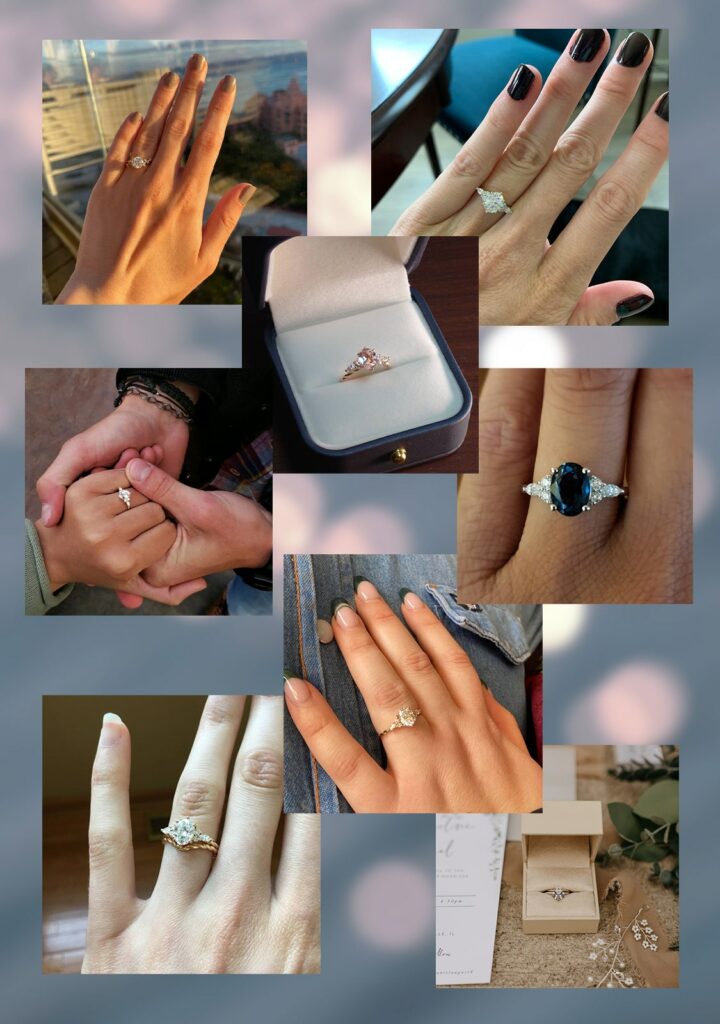
About Lab Diamond Rings
Discover the brilliance of lab diamond rings—crafted with precision, responsibility, and elegance. Our lab grown diamonds provide the same fire, sparkle, and durability as mined diamonds, but with a lower environmental impact and greater affordability.
Using cutting-edge technology, each lab created diamond ring in our collection is designed to provide a luxurious and ethical engagement ring option for modern couples. Whether you’re searching for lab diamond engagement rings, wedding bands, or bridal sets, our designs combine sustainability with timeless beauty. With customizable carat weight, metal choices like yellow gold or rose gold, and various ring sizes, we help you find your perfect engagement ring.
Lab Diamond Rings FAQs
Are lab diamond rings real diamonds?
Yes, lab diamond rings feature real diamonds. These lab grown diamonds share identical physical, chemical, and optical properties with traditional diamonds, offering comparable brilliance and diamond quality.
How are lab diamonds made?
Lab diamonds are created using HPHT (High Pressure, High Temperature) or CVD (Chemical Vapor Deposition). Both methods replicate the natural formation of center diamonds found in the earth, producing gems of outstanding quality. Learn more about laboratory diamonds now.
Why choose a lab diamond ring over a natural one?
Lab diamond rings provide exceptional value and sustainability. They cost 30–50% less than mined diamonds of the same carat weight, without compromising sparkle, durability, or beauty.
Are lab grown diamond engagement rings durable enough for daily wear?
Absolutely. Lab grown diamond engagement rings are just as durable as any diamond engagement ring, with a hardness of 10 on the Mohs scale. They are ideal for engagement rings meant for everyday wear.
How should I clean and care for my lab diamond wedding band?
Clean your ring regularly with mild soap and warm water, using a soft brush to remove buildup. For best results, have your lab diamond ring professionally polished once a year. Check out more ways to clean your lab diamond ring now.
What cut options are available for lab diamond rings?
We offer a wide range of shapes for lab diamonds, including round, oval, emerald, cushion, princess, and pear. Each cut is crafted to highlight the stone’s brilliance and diamond quality.
Can I customize my lab diamond wedding band?
Yes! From selecting your carat weight and center diamond, to choosing rose gold or yellow gold settings and adjusting ring size, our customization options ensure your ring matches your personal style.
Do lab diamonds sparkle the same as natural diamonds?
Yes. Lab grown diamonds sparkle just like traditional diamonds. They are graded by the same 4Cs—cut, color, clarity, and carat weight—ensuring exceptional brilliance.
Will people know if I’m wearing a lab diamond?
No. Lab created diamond rings are visually indistinguishable from mined diamonds. Even professional gemologists require advanced tools to identify differences.
Are lab created diamond rings considered ethical engagement rings?
Yes, lab created diamond rings are widely recognized as ethical engagement rings because they are sustainably produced, avoiding the environmental and social impact of mining.
How do lab diamond rings compare to traditional diamond rings in value?
Lab diamond rings provide the same sparkle and durability as traditional diamonds, but at a more affordable price. This makes them a popular option for couples who prioritize beauty, diamond quality, and sustainability.
Can I order a lab grown diamond engagement ring in white gold or platinum?
Yes, many lab created diamond rings are available in white gold and platinum settings. Both metals enhance the brilliance of the diamond while offering durability and timeless appeal.
What is special about a princess cut lab diamond ring?
A princess cut is one of the most popular shapes for lab grown diamonds. Its sharp angles and modern style maximize sparkle, making it a perfect choice for couples who want a contemporary ring setting.
How does clarity, color, and carat affect lab diamond jewelry?
Like mined diamonds, lab diamond jewelry is graded by the 4Cs: clarity, color, and carat weight. These factors help determine value and beauty, allowing you to select a stone that fits your style and budget.
Are emerald or oval lab diamonds available for engagement rings?
Yes, emerald and oval cuts are both popular options for lab created diamonds. Each cut offers a distinct look—emerald cuts highlight elegance with step facets, while oval cuts provide brilliance with a unique elongated shape.
What makes lab created diamond jewelry an ethical choice?
Lab created diamond jewelry is often chosen as an ethically sourced alternative. It provides the same sparkle and durability as mined diamonds but without the environmental or social impact of traditional mining.
















